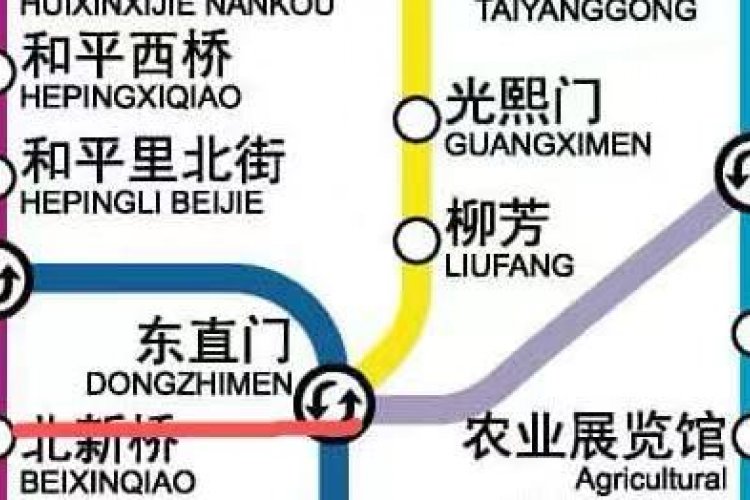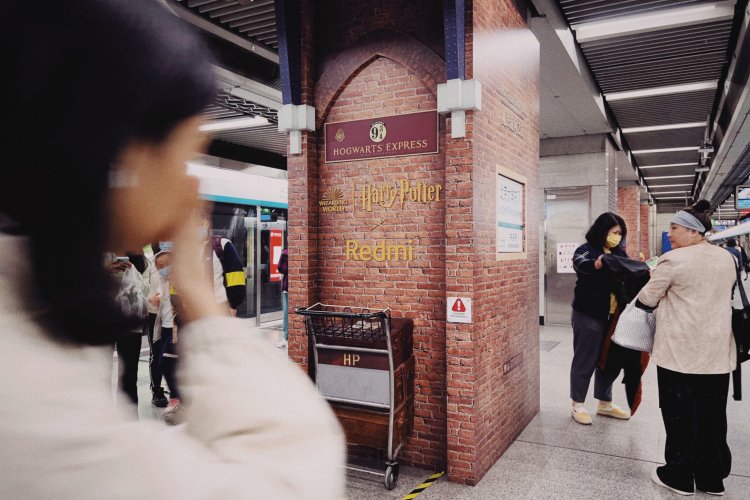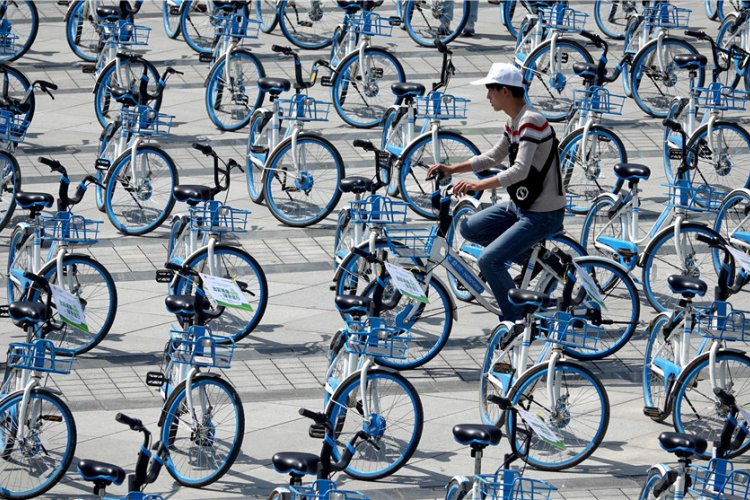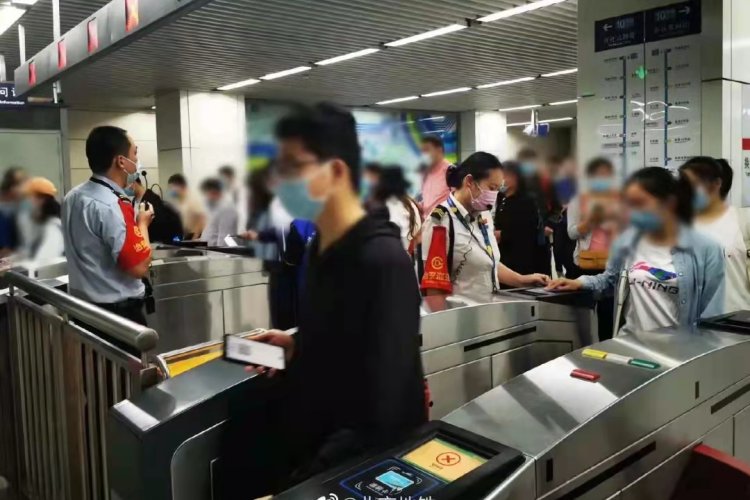Peking Man: How to Keep Subway Prices at Two Yuan
When I first heard that Beijing was raising its subway fares, I spat out whatever liquid I was drinking at the time. What a preposterous idea! Such a drastic change makes no practical sense other than repricing a service closer to its real-world value.
In fact, these changes benefit no one except the municipal government – whom I don’t care about– and the buskers and beggars riding the subway in circles, who have it far too easy already. It seems unfair to punish us hardworking, everyday types just so the government can stop losing billions of yuan on subsidized public transportation.
So as a socially conscious Beijinger, I have come up with several ways the government can earn more money from operating the subway without raising ticket prices.
1. More advertisements
Sure, there are a lot of ads on subway cars already – on the walls, on the doors, on the windows, above the windows, outside the windows, on the handholds and sometimes on the subway car itself. But if you look closely, there are plenty of surfaces that are ad-free: seats, seat backs, the poles and the entire carriage floor and ceiling.
This is precious space that could be advertising the latest soft drink or car rental service.
And what about those ads that streak by between some stations? Those should be installed across the entire network. Whenever the train is moving, both windows should be blasting ads at passengers.
2. Let companies sponsor stations
Just as companies buy naming rights to American sports stadiums, Beijing Subway should do the same with station names. “The next station is Mengniu National Library.” “We are arriving at Tsingtao Yonghegong Lama Temple.”
3. Charge for sitting down
We all know that the most coveted spot in a subway car is the seat, so why not charge for it? Like a coin-operated bed, each seat should have a cash deposit slot next to it. When the user inserts five kuai, the seat flips open for, say, ten minutes. When time is up, the seat slowly folds back up. Multiply this by Beijing’s entire subway fleet and BAM! Deficit eliminated.
4. First- and Business-class carriages
China already has premium cabins on high-speed trains; subways are the next logical step.
The first- and business-class cars would be equipped with Wi-Fi, reclining pleather seats and include meal service if your trip is expected to take over an hour. Transferring is a cinch as attendants will place you in a wheelchair and roll you to your next train.
5. Rent station real estate to peddlers
Subways have some of the most valuable real estate in Beijing and peddlers of all kinds know it.
Whether they’re selling mystery-meat-on-a-stick outside Dongzhimen or iPhone cases in Guomao, these vendors are stooping on public land for free! If the city charged peddlers what my landlord charges me, it would have a sovereign wealth fund by now.
Also, the government would save money because they wouldn’t have to pay chengguan to beat peddlers up every couple of weeks or so.
6. Put the subway behind some kind of paywall
I don’t really know this works but The New York Times swears by it. Each person gets ten free rides per month, then you nag them to buy a subscription. So long as they don’t clear their cookies, you’re golden.
7. Get rid of security check and security check personnel
Let’s face it, the security check is a waste of time and paying all those people to run it is a waste of money. If you knew how many times I’ve smuggled jugs of gasoline on the train without incident, you’d agree.

Photo: Vincentraal (Flickr)







